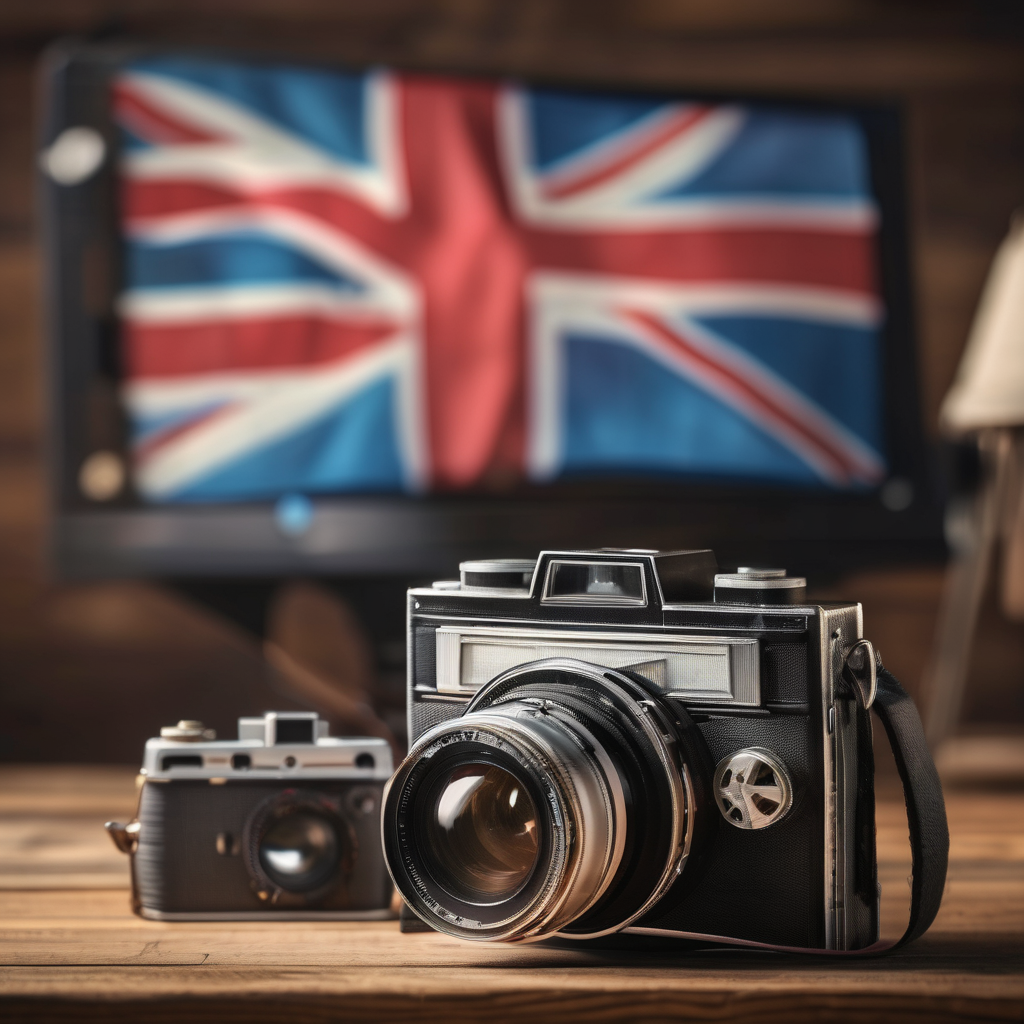OpenAI has introduced its new short-form video application, Sora, which quickly climbed to the top of Apple’s App Store following its launch this week. The platform allows users to generate videos featuring their favorite animated characters and well-known brands simply by typing in prompts. However, experts are raising concerns about the potential for widespread copyright infringement due to the nature of the content created on the app.
Mark Lemley, a professor at Stanford Law School, warned that many of the videos produced on Sora, particularly those featuring iconic cartoon characters, could infringe on existing copyrights. He emphasized that OpenAI might face an influx of copyright lawsuits because of this. Users have already begun creating videos that display popular characters from shows like “SpongeBob SquarePants,” “Rick and Morty,” and movies such as “Despicable Me.” For instance, one video amusingly depicted OpenAI’s CEO, Sam Altman, interacting with Pokémon characters, accompanied by a humorous comment regarding potential legal repercussions from Nintendo.
Despite the excitement surrounding Sora, major corporations like McDonald’s and others associated with these characters have not publicly commented on the app’s launch or the implications for copyright. However, OpenAI has expressed its commitment to collaborating with rights holders to manage content on the platform effectively. Varun Shetty, OpenAI’s head of media partnerships, stated that they would respond promptly to takedown requests from rights holders wishing to prevent their characters from appearing on Sora.
The surge in user-generated content platforms has prompted media companies to take legal action to safeguard their intellectual property. Recently, Disney and Universal filed lawsuits against the AI image creator Midjourney for the unauthorized use of their characters. Disney also issued a cease and desist letter to Character.AI for similar reasons. This illustrates the broader struggle for control over copyrighted characters in an era where user-generated content is prevalent.
Additionally, OpenAI has implemented measures to address potential safety and copyright concerns on Sora. Users can create “cameo” videos of themselves, ensuring they have control over how their likeness is used. The platform also allows for flagging content that may violate copyright or trademark laws. In an effort to prevent legal disputes, OpenAI reportedly offered some talent agencies and studios the choice to opt out of having their copyrighted material included in the app before its launch, a practice that has drawn scrutiny from legal experts.
As AI technology continues to innovate the landscape of content creation, the challenges surrounding intellectual property rights are becoming increasingly complex. OpenAI’s proactive approach in seeking to balance user creativity with copyright considerations reflects the ongoing evolution in this space. As Sora evolves, it serves as a reminder of the necessity for clear guidelines and respect for intellectual property in an era of rapid technological advancement.
